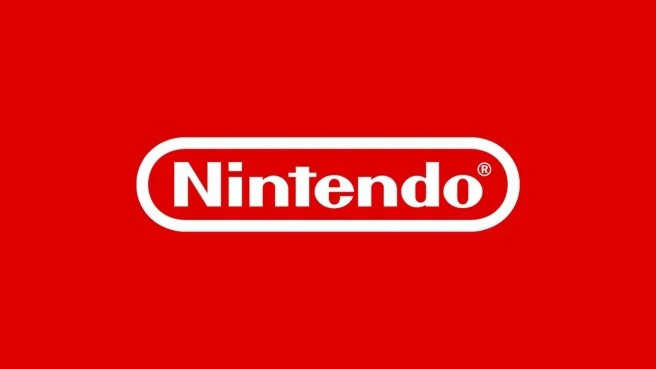External translators that worked on Nintendo games not being listed in the credits
Game Developer published a report on Nintendo’s practices today after speaking with multiple sources who say the company has not credited them for their translation work on a variety of projects.
The Legend of Zelda: Tears of the Kingdom, Animal Crossing: New Horizons, and Super Mario RPG are some of the titles in which translators were not listed in the credits for their contributions. Much of the controversy seems to stem from work done by external agencies rather than in-house.
Localsoft is a name that appears prominently in Game Developer’s report. Different sources say they were not credited in Nintendo games while working at the company. Localsoft does appear in the credits for Animal Crossing: New Horizons, but individual names are not listed.
One source told Game Developer:
“If you look at the credits for Paper Mario: The Thousand-Year Door, for instance, you will notice that only six people were credited for localizing a full title that’s available in eight languages. [In my experience] a game like this would normally be localized by a team of around 25 translators. Some languages are skipped over completely like they got magically added to the game.
For games like Animal Crossing or Breath of the Wild you don’t really notice that 15 or 20 translators are not in the credits, as there are all the other names from their in-house translators, which is why Nintendo’s policy of miscrediting might have flown under the radar. But almost every big title that Nintendo releases which uses external translators actually fails to credit translators.”
Translators affected by the lack of crediting aren’t happy for a variety of reasons. As Game Developer puts it, this “prevents workers from championing themselves and furthering their career.” It can also be demoralizing on a personal level. It’s also worth noting that external translators have been asked to sign decade-long non-disclosure agreements (NDAs), which prohibits them from discussing or promoting their work.
One source said:
“I felt I would benefit from being able to state I worked on the title when offering my services to new clients. Not to mention that I actually spent a fair amount of time working almost exclusively for them. When the whole project was done, it took me months to get some steady work going again as I had been unavailable for so long. So logically, I felt robbed, but in an all too familiar way – which says a lot about this line of work.”
According to a source, employees were told by Localsoft leaders to avoid discussing workplace issues with their colleagues. Also, translators are apparently penalized for sharing information that studios and employers feel should be kept secret.
Nintendo has not yet responded to the report, though the company was asked to comment before it was published.
